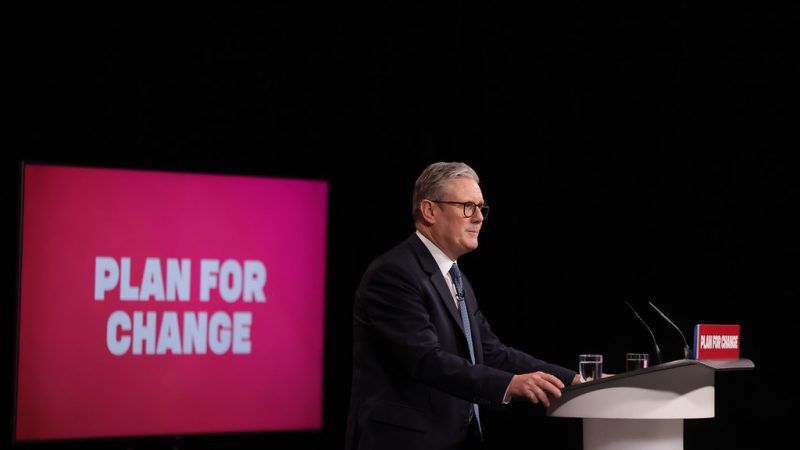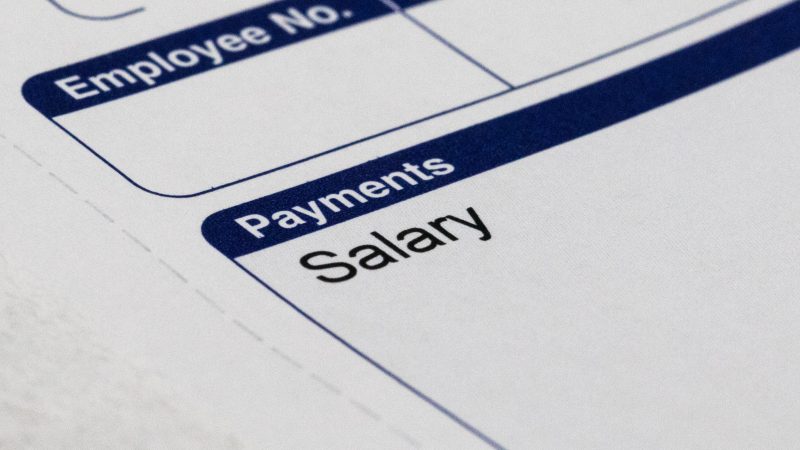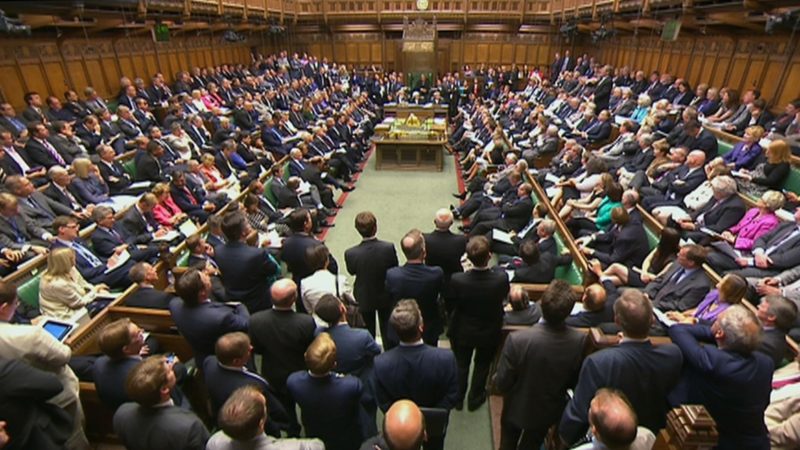UK
Starmer: New NHS deal with private sector puts ‘patients before ideology’

Keir Starmer has said he won’t put “ideology before patients” as he unveiled a new relationship with the private healthcare sector to get NHS waiting lists down.
In his first major policy speech of 2025, the Prime Minister said more private facilities would be available for NHS use under the partnership. The government’s newly published NHS plan promises patients choice of more providers via the NHS app, “including in the independent sector”.
Bringing down 7.5million-strong NHS waiting lists is one of the government’s flagship pledges, but use of the private sector is likely to prove controversial on the left.
Starmer said: “I know some people won’t like this, but I make no apologies. Change is urgent. I’m not interested in putting ideology before patients, and I’m not interested in moving at the pace of excuses.”
One political journalist said to Starmer that “some people watching might be worried about backdoor privatisation of the NHS”, and asked if he would be open to going further.
He said later the priority was waiting lists, but he was “not ideological” and implied he was open to expanding private sector involvement further if there was capacity.
He also said NHS use of the private sector is “not new”, and the deal was to ensure it was done better, stopping “cherry-picking of cases”.
Labour’s wider plans for the NHS
The plans announced today to bring down waiting lists also include an expanded use of Community Diagnostic Centres to allow more people to access tests
It is one of the government’s milestones to reduce waiting lists to have 92% of NHS patients treated within 18 weeks.
Starmer added: “Politics can be a force for good, and we can unite the NHS behind a plan for reform, an NHS that’s faster, easier and more convenient, with waiting times, cut, patients in control, technology at your service, and outstanding care in your community.”
UNISON’s head of health Helga Pile said: “Ministers know that all the extra appointments and other ways of increasing capacity won’t happen on their own.
“Health workers have been taken for granted for years by governments and little they’ve heard from the Prime Minister on his plans will encourage them to feel differently.
“Getting decisions right on pay, and recruiting and retaining skilled, experienced workers must be at the heart of any recovery plan for the NHS.”
Starmer defends his record on grooming gangs against Elon Musk attacks
Meanwhile the Prime Minister was also quizzed by journalist on X owner, Tesla founder and incoming presidential adviser Elon Musk’s remarks about British politics – including an allegation Starmer was “complicit in the rape of Britain” in reference to scandals around child sexual exploitation.
But Starmer defended his record as Director of Public Prosecutions, adding that “those that are spreading lies and misinformation as far and as wide as possible, they’re not interested in victims.”
He said he wanted to “call out” politicians calling for an inquiry who had previously “sat in government”, and were now jumping on the “bandwagon of the far right”, without naming Kemi Badenoch.
One BBC journalist called Starmer’s response over grooming gangs “perhaps the most impassioned Starmer has ever been in his time as prime minister.”










